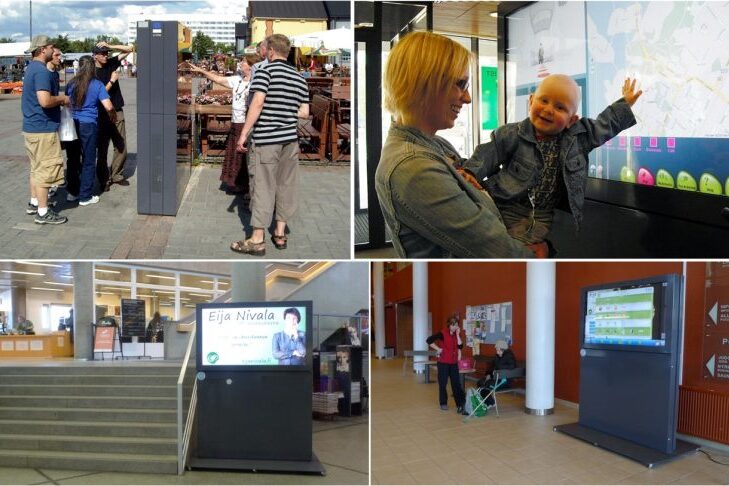Category: Democracy
All topics
-

A plot on democracy: has the role of e-petitioning changed with the mainstreaming of conspiracy theories?
The emergence of conspiracy theories within petitions is paradoxical: why target these beliefs at the…
-

Can e-participation be improved? Lessons from two successful initiatives.
Many initiatives have been launched, but some of them fail and/or are abandoned, contributing to…
-

Do online consultations make citizens more satisfied with local democracy?
We find that giving citizens an opportunity to have a say in political decisions influences…
-

Does Internet voting offer a solution to declining electoral turnout?
While a technological fix probably won’t address the underlying reasons for low turnout, it could…
-

Assessing the Ethics and Politics of Policing the Internet for Extremist Material
Exploring the complexities of policing the web for extremist material, and its implications for security,…
-

Does crowdsourcing citizen initiatives affect attitudes towards democracy?
Exploring how involvement in the citizen initiatives affects attitudes towards democracy
-

Last 2010 issue of Policy and Internet just published (2,4)
We are pleased to present seven articles, all of which focus on a substantive public…
-

Internet, Politics, Policy 2010: Political Participation and Petitioning
ePetitions are an interesting research object because not only is petitioning a rather popular political…
-

New issue of Policy and Internet (2,1)
We are pleased to present six articles that spread across the scope of the journal…


